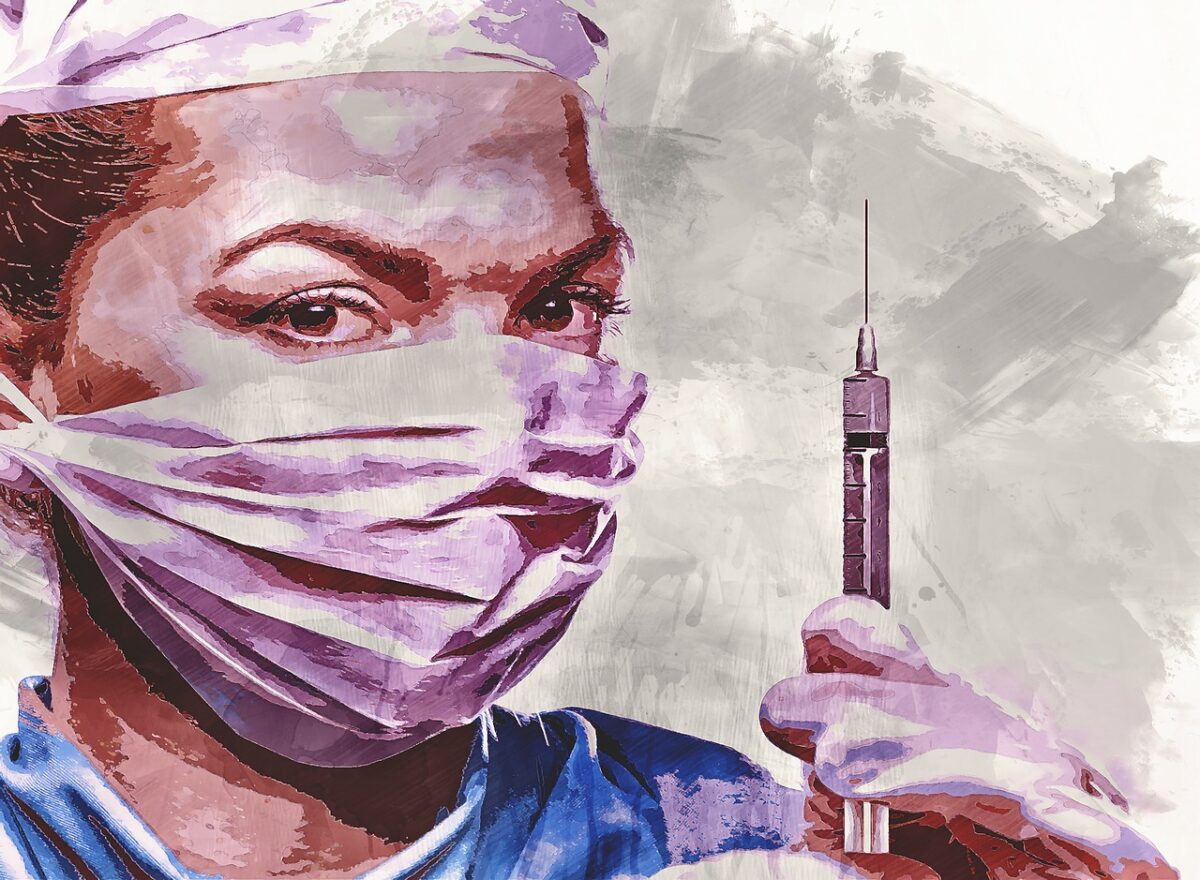Corinne S. Heinen, MD
This article provides context on the experiences and medical care of individuals who experience gender dysphoria for the benefit of oral and maxillofacial surgeons. The mechanism of action, effects, and side effects of medical therapies used for gender-affirming care are reviewed. Specific guidance for anesthetic care is given. Trauma-informed tools for care of transgender and gender-diverse patients are offered.
Read the article here:
https://www.sciencedirect.com/science/article/abs/pii/S1042369923000997?via%3Dihub




